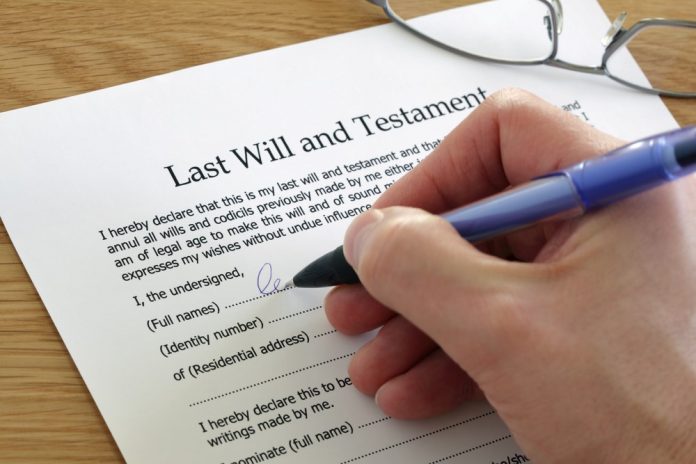Although you might not want to think about the end of your life, being prepared for what happens after you die will reduce the amount of strain put on your loved ones should something terrible happen. If you’re yet to write your final will and testament, you’re not alone. In a study conducted by Slater and Gordon, 62% revealed that they don’t have anything in place!
Here we look at why you need to write a will, what to include, and finally, how to write a will.
Why do I need a will?
A will is a legally binding document which outlines what you want to happen to your estate and wealth after you die. Without a will in place, sorting out who receives what is a messy procedure which can cost thousands.
You might think you are too young to write a will but as soon as you have any kind of responsibility- business, house, children, spouse – it’s time to write a will. Even if you’re not married but living with your partner, you should think about writing a will. Without a will, your assets won’t be passed onto your unmarried partner.
Who do I include in my will?
Absolutely anyone can be included in your will; it’s your choice entirely. You can even give your whole estate to a charity if you so please, avoiding inheritance tax in the process.
Commonly, family members or close friends are benefactors. However, it is completely up to you. Drawing up a will ensures that the people you love are cared for after you die. Without a will, Intestacy Rules determine how your property, money and possessions are allocated — and this might not be what you want.
How do I write a will?
Before writing a will, it’s best to get all your accounts in order. You should seek legal advice from a specialist solicitor who will advise you on how best to proceed. You can, if you desire, write your will yourself as long as it is signed and dated by you, and signed and dated by two witnesses who are not related to you.
However, handwriting a will can lead to a great deal of confusion if there are any discrepancies. Even a small mistake in the wording of a will can lead to confusion and disagreements.
Despite not being the most cheerful topic of conversation, it’s certainly a pertinent one. Ensure that you have a valid will in place to look after your legacy once you are gone.
Find a Home-Based Business to Start-Up >>> Hundreds of Business Listings.

















































